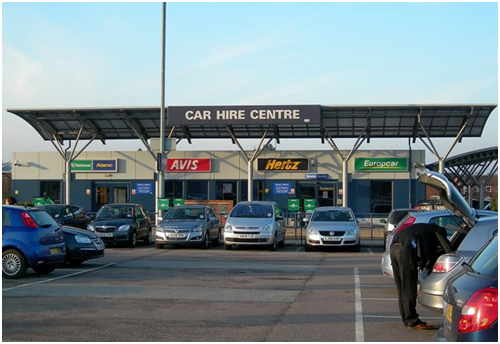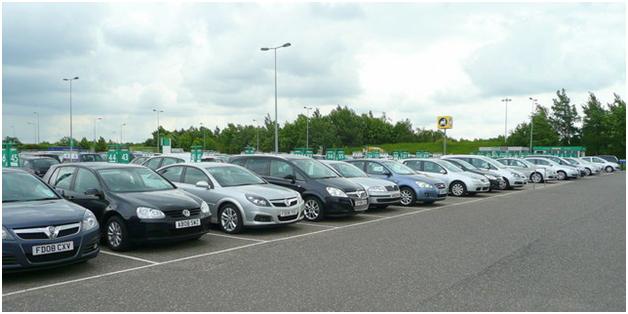There has been a massive spike in the number of complaints concerning car hire/purchase deals in the UK. The number of complaints about hire purchase deals has risen from 1,784 to 5,029 in the space of two years, with the majority of these relating to car purchases.

In the UK last year, approximately 2.5 million people drove away with a new car. Around four in five were bought using some type of finance.
Anecdotally, it would appear that customers are able to drive off in new cars after paying a deposit of just a few hundred pounds. By selling cars in this way without stringent financial checks, salespeople are effectively offering finance to people who can’t necessarily afford the repayments.
If you are looking for a solution for car purchase or car leasing in Leicester or the surrounding areas, take a look at a specialist website such as http://leasing.totalmotion.co.uk/ to see the options that are available to you.
There are three common types of car finance available: Hire Purchase (HP), Personal Contract Hire (PCH) and Personal Contract Purchase (PCP). Here is a look at each one.
Personal Contract Purchase (PCP)
This is the most popular way to obtain a new car. A deposit is usually needed, along with an agreement to repay fixed amounts on a monthly basis. At the end of the agreed contract period, you can either return the car, make a one-off payment to own it outright, or use any difference between the Guaranteed Minimum Future Value (GMFV) and the current value as a deposit on a new vehicle.

Hire Purchase (HP)
Hire purchase is very similar to PCP. However, the monthly payments will be higher because you are paying for the car itself as opposed to purely its depreciation. This also means that no extra one-off payment is needed at the end of the term, so you will own the car outright as soon as your final monthly instalment is paid. These agreements will usually require a larger deposit and the monthly payments and interest rates are fixed.
Personal Contract Hire
These are effectively long-term rentals as you never own the car outright; you just take the car back at the end of the term. This can be a relatively cheap way of being able to regularly drive a brand-new car.




Leave a Reply